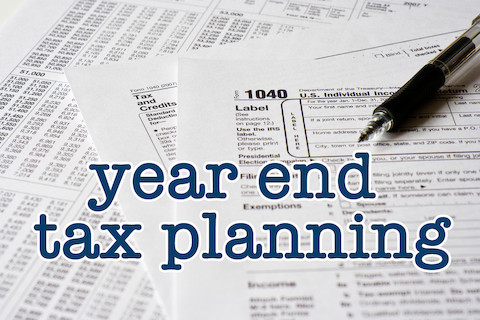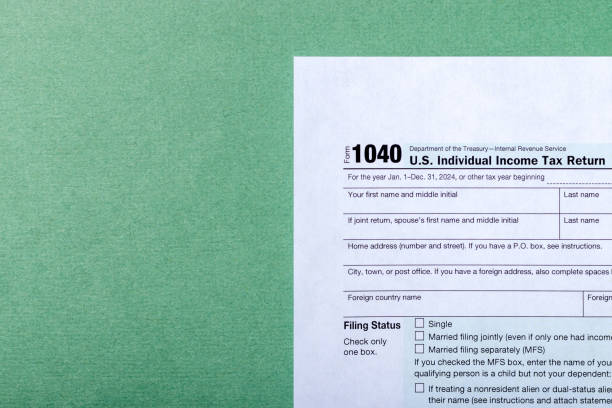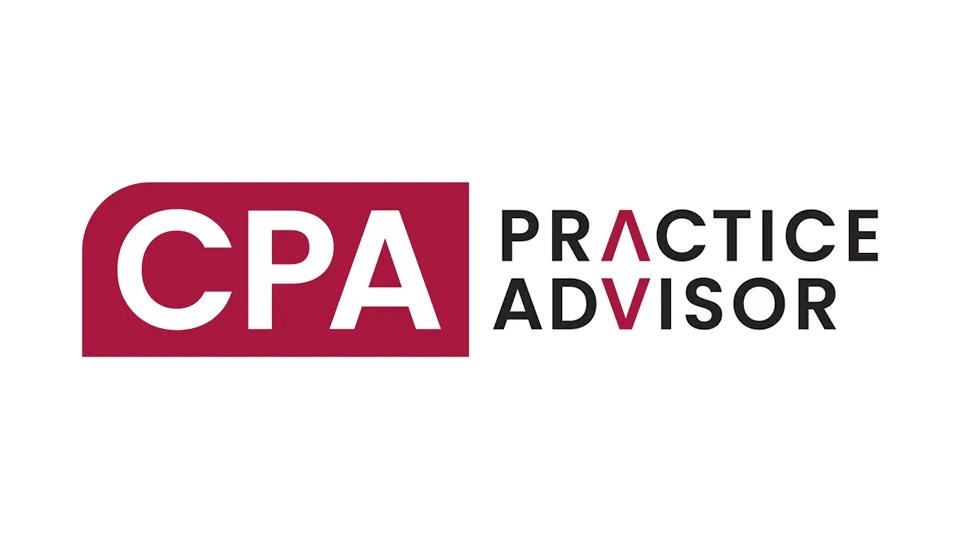The holiday season is upon us—meaning friends, family, and a whole lot of food. But where do taxes fit in?
There is no better time than the holiday season to review any year-end tax planning decisions that could lead to savings come April 2015. Taxpayers have had time to adjust to the tax rate changes from 2013, so when it comes to prudent tax planning for 2014 and beyond, accelerating deductions and deferring income will likely take center stage.
The income tax rates for 2014 are the same as 2013, so most taxpayers with income similar to past years can expect their tax bill to be comparable to last year’s liability. However, reviewing current income and withholding to ensure payments are on track can help you avoid surprises during the filing season. If 2013 led to an unexpected payment being due, an increase to your withholding may help alleviate a cash crunch come April. Even if it’s too late in the year to make a meaningful impact for the 2014 tax-year, a review now could prove invaluable come 2015 planning. Another option if a tax liability is projected for 2014: most employees can make an election to contribute additional amounts to their 401(k) to reduce the amount of their taxable income.
Conversely, many taxpayers are excited when they receive a refund with their annual tax filing – but they may not realize that a large refund is, in effect, an interest free loan to the IRS! Individuals who routinely end up with a large refund in April can benefit tremendously from reviewing their withholding elections to reduce the amount of tax deducted from each paycheck. Such benefits include increased cash each pay period and less of a wait for a large refund in April. For assistance to either increase or reduce withholding, taxpayers can visit the IRS Withholding Calculator and then make adjustments to their W-4 on file with their employer.
Reviewing 2013 filings may also help remind taxpayers of deductions and other actions to take at year end, such as accounting for charitable contributions. Charitable contributions can be made in cash or with qualified appreciated securities. Taxpayers with appreciated stock can benefit from a charitable deduction equal to the fair market value of the stock on the date of contribution and, thus, avoid paying the capital gain tax from an eventual sale of the asset.
Taxpayers with net capital gains from stock sales or mutual fund distributions should also review their portfolios for positions with losses, as capital losses recognized this year would offset part or all of the capital gain previously incurred. Eventually, those positions can be repurchased, but only after the “wash sale” rule period has been met. For taxpayers in the highest tax bracket, the recognition of a loss to offset previous gains can lead to a savings of 23.8% – the Federal tax plus the effective resident state tax rate.
To avoid an unexpected cash flow drain at tax time, many self-employed business owners (or those with large income amounts not offset by withholding) should also review their estimated tax payments to determine if they have accurately estimated their 2014 liability. It may also be beneficial to pre-pay state income taxes in December rather than wait until April. For those taxpayers not subject to the alternative minimum tax (AMT), the state income taxes paid during 2014 will be a Federal deduction and could lead to substantial tax savings.
Taxpayers should also be aware of any pending congressional action on the so called “tax extenders” that have not been renewed for 2014. Some of the most common extenders affecting individual taxpayers include the sales and local tax deduction (especially important to those living in states without income tax), bonus depreciation provisions, the charitable IRA rollover, research tax credits, hiring credits like the Work Opportunity Tax Credit, and the tuition deduction for higher education.
Prudent tax planning in 2014 should involve a multi-year approach and consideration of expected changes to a taxpayer’s 2015 income and deduction picture. For example, if a taxpayer’s income in 2014 is less than what they expect it to be in 2015, accelerating income from a planned capital gain or Roth IRA conversion while subject to a lower tax rate could lead to savings when examined on a multi-year basis.
A basic year-end tax review can lead to substantial savings in April – if action is taken by December 31st. This year-end review can also help get organized for tax time, which can prove invaluable come early 2015 when the pressure to aggregate deduction information heats up.
Material discussed is meant to provide general information and should not be acted on without professional advice tailored to your firm’s individual needs.
Thanks for reading CPA Practice Advisor!
Subscribe Already registered? Log In
Need more information? Read the FAQs
Tags: Tax Planning




